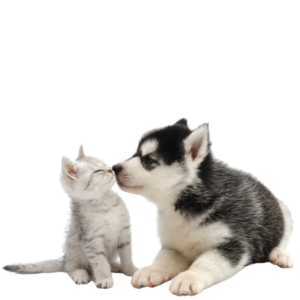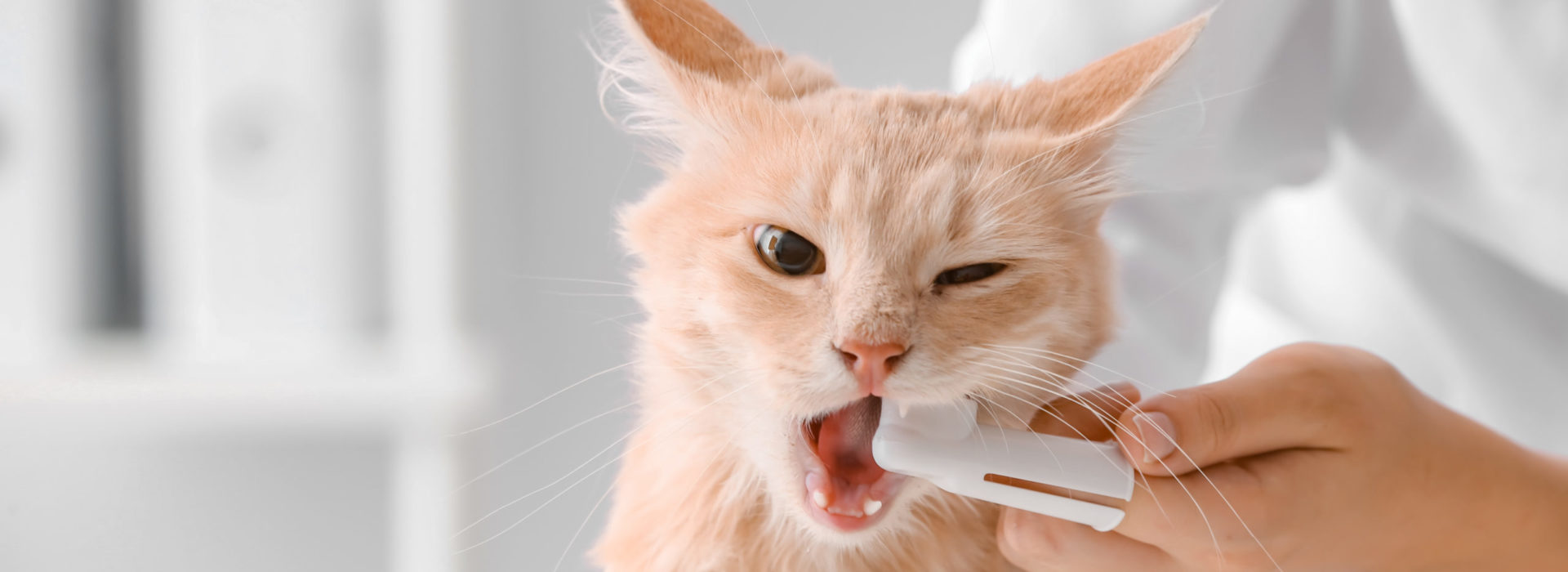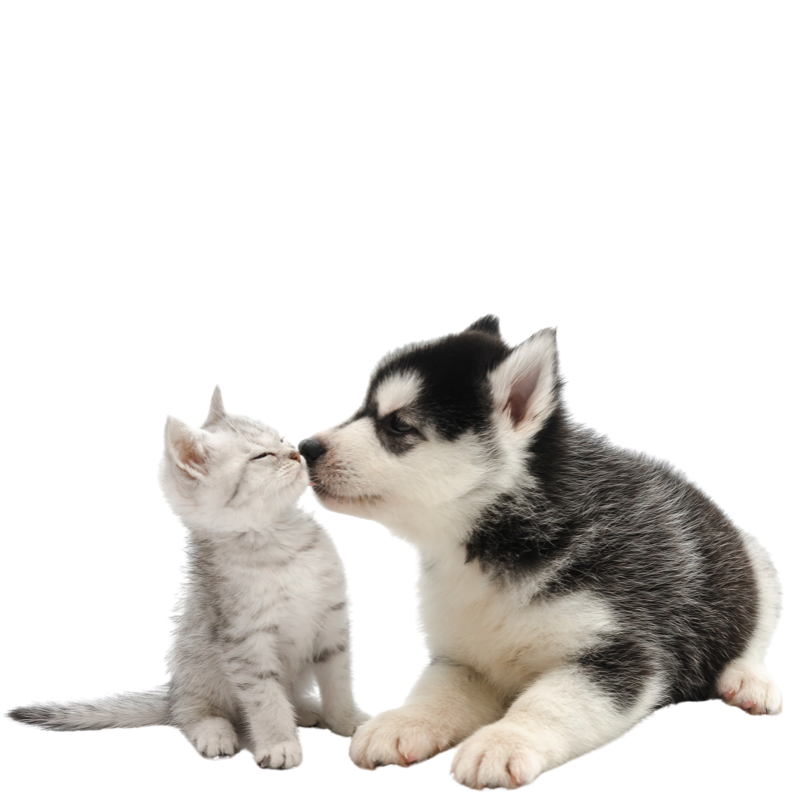Most cats are predators by nature so their teeth are designed to grab prey, kill it and tear off pieces small enough to swallow. Cats teeth are not set up to grind or gnaw on things. Our spoiled domestic cats no longer need to hunt food because we supply it in tiny bite-sized morsels that require no chewing. What we cannot guarantee is that most cats will not accumulate plaque on their teeth as they get older. Cats that eat 100% wet food generally will need some dental care earlier than cats who have a combination diet of dry and wet food. Cats eating 100% dry food still get significant plaque buildup because they often do not chew their food fully to break off any plaque buildup.
What is involved in a dental cleaning procedure?
Blood work, IV fluids, general anesthetic and possible extractions and the dental cleaning can be things that are involved in a dental cleaning procedure.
What are signs of dental problems in cats?
Halitosis, pawing at the mouth and overall changes in eating can be some of the signs in dental issues in cats.
Are some feline breeds more susceptible than others?
Yes, there are several breeds that are more susceptible. They include Abyssinians, Oriental breeds and Persians. If you have any concerns about the dental health of your cat, please contact us at 753-0506!
What is feline tooth resorption?
“Feline tooth resorption or TR is one of the more common oral abnormalities seen in cats. In the past, tooth resorption was referred to as feline oral resorptive lesions, odontoclastic resorptions, cavities, caries, cervical neck lesions, external or internal root resorptions, and cervical line erosions. As a result of constant gingivitis and infection, it causes the dentine to be exposed and as a result, this is something that can be very painful for the cat. If your cat shows any sign of dental problems, please give us a call at the clinic at 709-753-0506.




